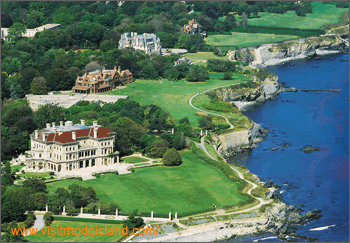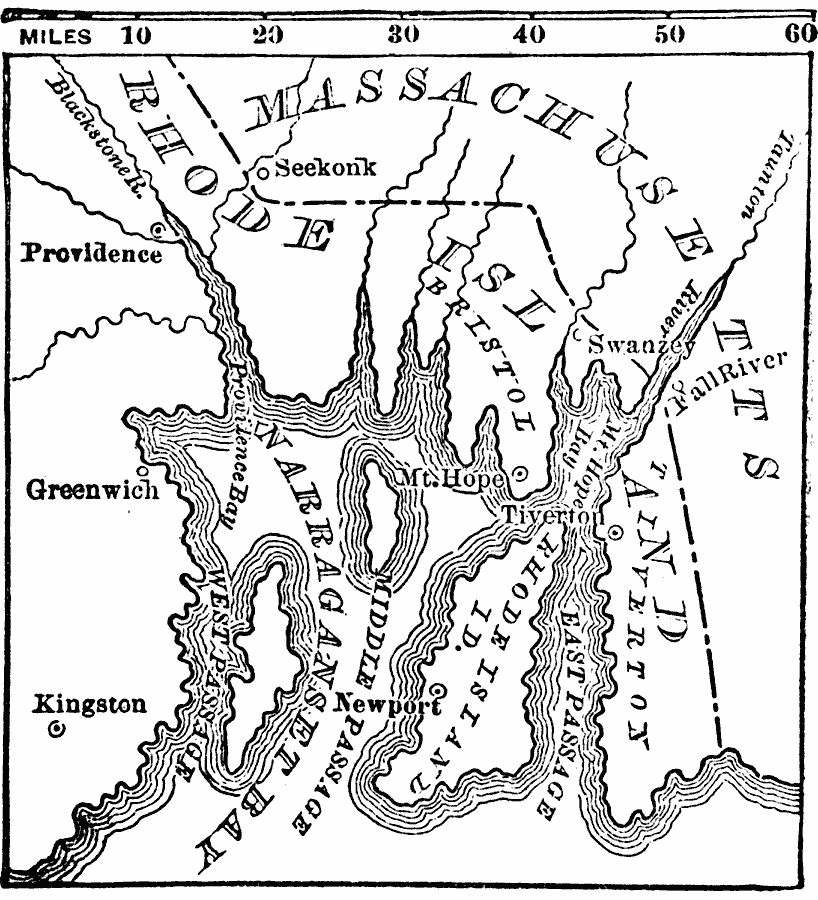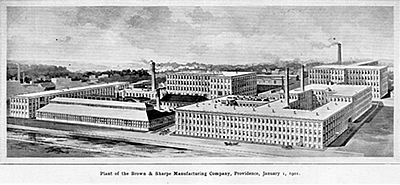He took us to King Philip's Throne, set in what one immediately feels is sacred space. The sky was glowering grey, the wind was so up that the bay was white-capped, and it was cold. Yet, in that dell in the woods, though the wind was whipping the high tree branches, down where we stood, it was still and quiet. When Ted was a boy his teachers brought his class there during their study of American - New England colonial history. King Philip's War 1675 - 1678 (a/k/a Metacom's Rebellion) was the culmination of the native tribes unity through Metacom's (Philip's tribal name) efforts to drive the white man out. It had been a long war over most of the 17th century in New England and Virginia, and the Natives lost.
We tracked the Portuguese settlements in Providence when Rhode Island was still the heart of the U.S. textile industry.
It was here that the English technology was first smuggled, and the Rhode Island entrepreneurs in the pattern of mill manufactury and factories created all the goods from clothes and shoes to hoes and shovels that the southern plantation labor wore and worked with, as well as the California Gold Rush and Nevada silver miners. The slave commerce was effortlessly re-purposed to supplying the Union armies after Fort Sumter. Recall Lincoln's Treasury Secretary, Salmon P. Chase's daughter, Kate, married Rhode Island textile mill millionaire (and governor) William Sprague. It was a scandal or at least rumored to be a scandal as Sprague was breaking blockade to bring cotton up to mills in Rhode Island from the CSA ports -- surely Sprague could not do that unless Lincoln's Treasury Secretary was aiding and abetting?
We ended with a party of people our host went to high school with, who all do interesting things, but have nothing to do with universities, though many of them do work in the environmental non government and government agencies and institutes.
 |
| This looked very different yesterday under petulant, cold skies. |
Today the sun shines and now that we've had a most satisfying old time (50 years on the same spot) Family Diner breakfast special, we head to Boston.



No comments:
Post a Comment